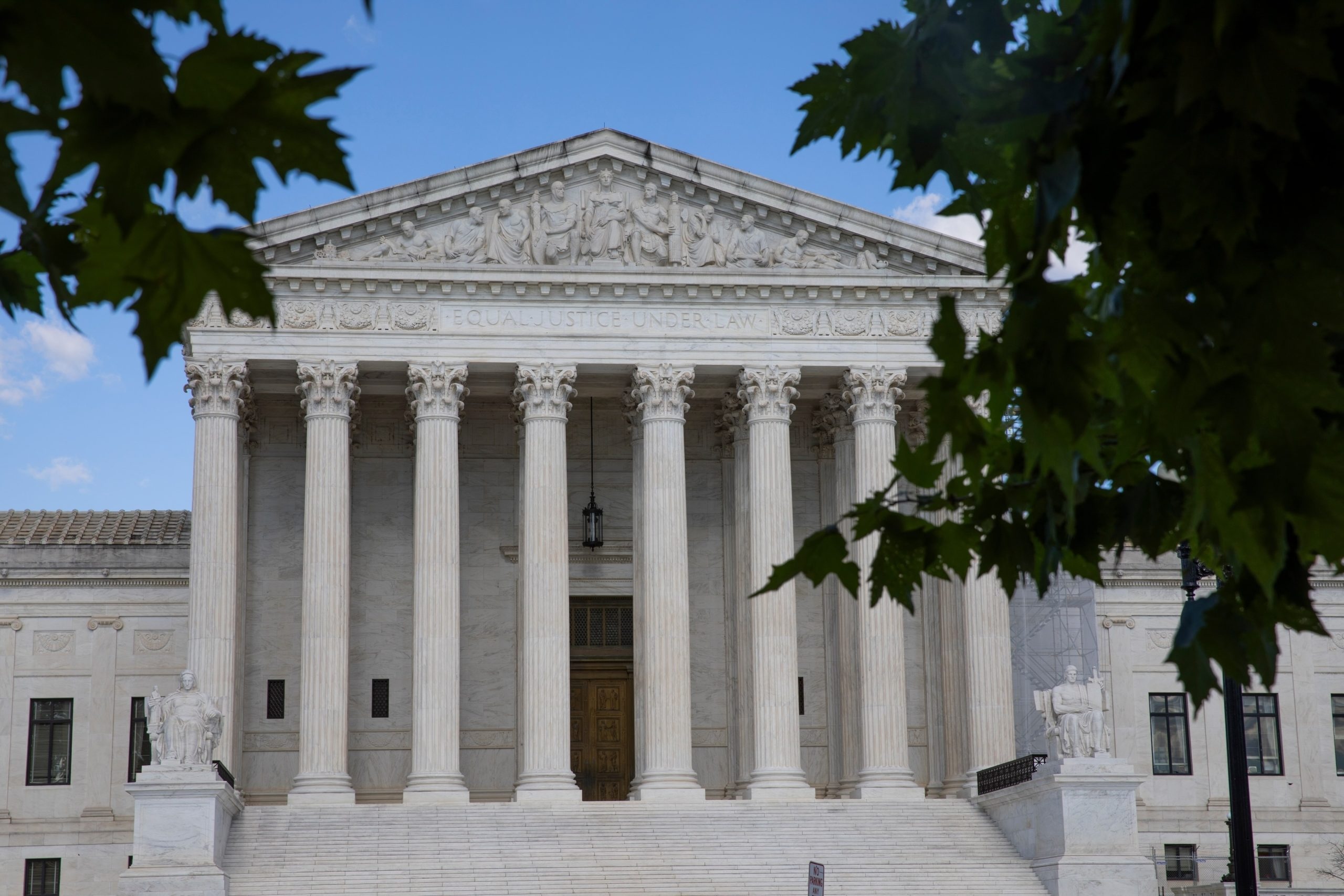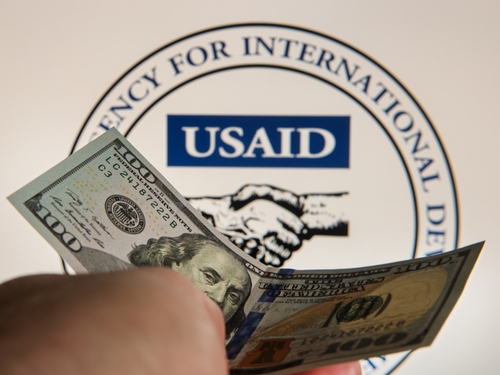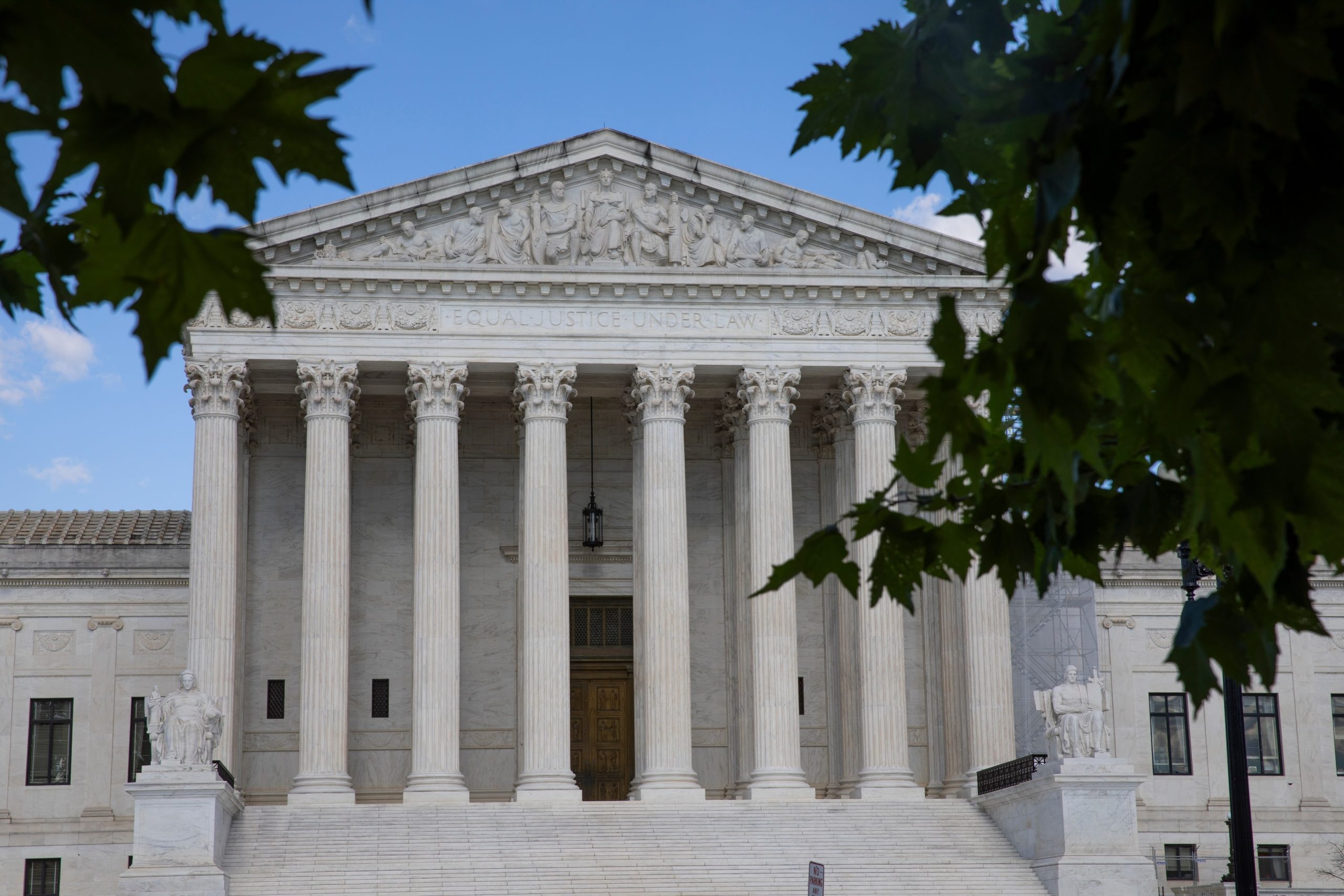Justices are ready to reject the “mishmash standard” for reopening an old case
ARGUMENT ANALYSIS
Monday’s argument in BLOM Bank SAL v. Honickman took the justices back to their law school days, with a question straight out of a traditional first-semester course in Civil Procedure. The specific topic here is the standard for reopening a judgment that a court already has entered, the subject of Rule 60 of the Federal Rules of Civil Procedure.
Rule 60(b) includes several specific reasons why a court might do that (a mistake in the judgment, evidence the plaintiff couldn’t have found the first time, fraud, and the like) but then offers in Rule 60(b)(6) a famous (and oft-litigated) general exception for “any other reason that justifies relief.” The traditional standard for Rule 60(b)(6), reiterated by the Supreme Court and lower courts numerous times, requires “extraordinary circumstances,” the idea being that the specific reasons in the other five subparts of Rule 60(b) include all of the ordinary circumstances that might justify reopening a judgment; only something extraordinary should justify relief for a reason that didn’t make it onto that list.
On quite a different topic, earlier in a case, Rule 15(a) outlines a very lax standard for when a court should permit a plaintiff to amend its complaint. In fact, the court is almost presumptively inclined to allow the plaintiff to amend their complaint in the first instance. In this case, the question is what to do when a plaintiff wants to reopen an already-affirmed final judgment to amend its complaint. This is not to add newly discovered evidence as would be required by Rule 60(b), but to add evidence that was known to them but they failed to include. A suit under the Justice Against Sponsors of Terrorism Act can only be successful if the plaintiffs are able to show that the bank has “knowingly provided substantial assistance” (under Rule 60(b)(2)) to a designated terrorist organization. The district court dismissed the complaint because the original complaint did
not include any evidence that the bank was aware that its customers were affiliated with Hamas at the time it provided services. Before doing so, the court asked the survivors’ lawyer if they wanted to amend their complaint, but they declined.
Later, after the U.S. Court of Appeals for the 2nd Circuit affirmed the judgment dismissing the complaint, the survivors returned to the district court, seeking to reopen the judgment to offer additional evidence to show that the bank knew about its customers’ links to Hamas. The district court denied the request, citing the absence of extraordinary circumstances. The court of appeals reversed the decision, concluding the extraordinary circumstances test did not apply to a plaintiff who had not amended his complaint even once. It said that the traditional rule requiring “extraordinary circumstances”, must be balanced by the “liberal policy” for amendments in Rule 15.
. At Monday’s arguments, the bench was very skeptical about the 2nd Circuit analysis. Michael Radine’s attempt to defend the ruling for the survivors was the clearest example of this. The Second Circuit did not say that, did it?
hat’s not what the Second Circuit said, is it?”[ed]Kagan went on to describe the lower court’s reasoning as “some kind of mishmash of a standard, which is part 60(b) and part 15(a).” She continued, “as I understood your introduction, you have given up on that.” So, Kagan asked, why shouldn’t the court simply say that the lower court’s reasoning is “wrong” and it should “go back and try it again”?
When Radine tried again to discuss the extraordinary circumstances in his case, Justice Neil Gorsuch backed Kagan’s idea bluntly: “What objection would have you to a short opinion from this court saying simply that the Rule 60(b) standard applies, there isn’t this mishmash … between 15 and 60, go back and try again.”
Another indicator of the thin likelihood that the justices will back a watered-down standard for Rule 60 came from Justice Amy Coney Barrett when Radine said he saw the “extraordinary circumstances standard as a “lower altitude mountain” than counsel for the defendants. Barrett responded with a resounding “our precedent hasn’t dealt with it that way and pretty much the standard practice in the court appeals, as far as I’m concerned, is to say that extraordinary circumstances are really extraordinary because we prefer to let final judgments be final.” Gorsuch (seconded in this by Kagan) pressed McGinley to the point that while Rule 60(b), might not “require” consideration of Rule 15, it does not seem to “preclude” it. As he said, “could[But [t]a district court at its It’s one thing to claim that the district court abused its discretion by not considering Rule 15 under 60(b), but quite another to assert that the district court abused its discretion when it looked at Rule 15 for some 60(b6) cases. I would predict a brief opinion before the first of May. I wouldn’t be surprised if Gorsuch and Kagan wrote it.






